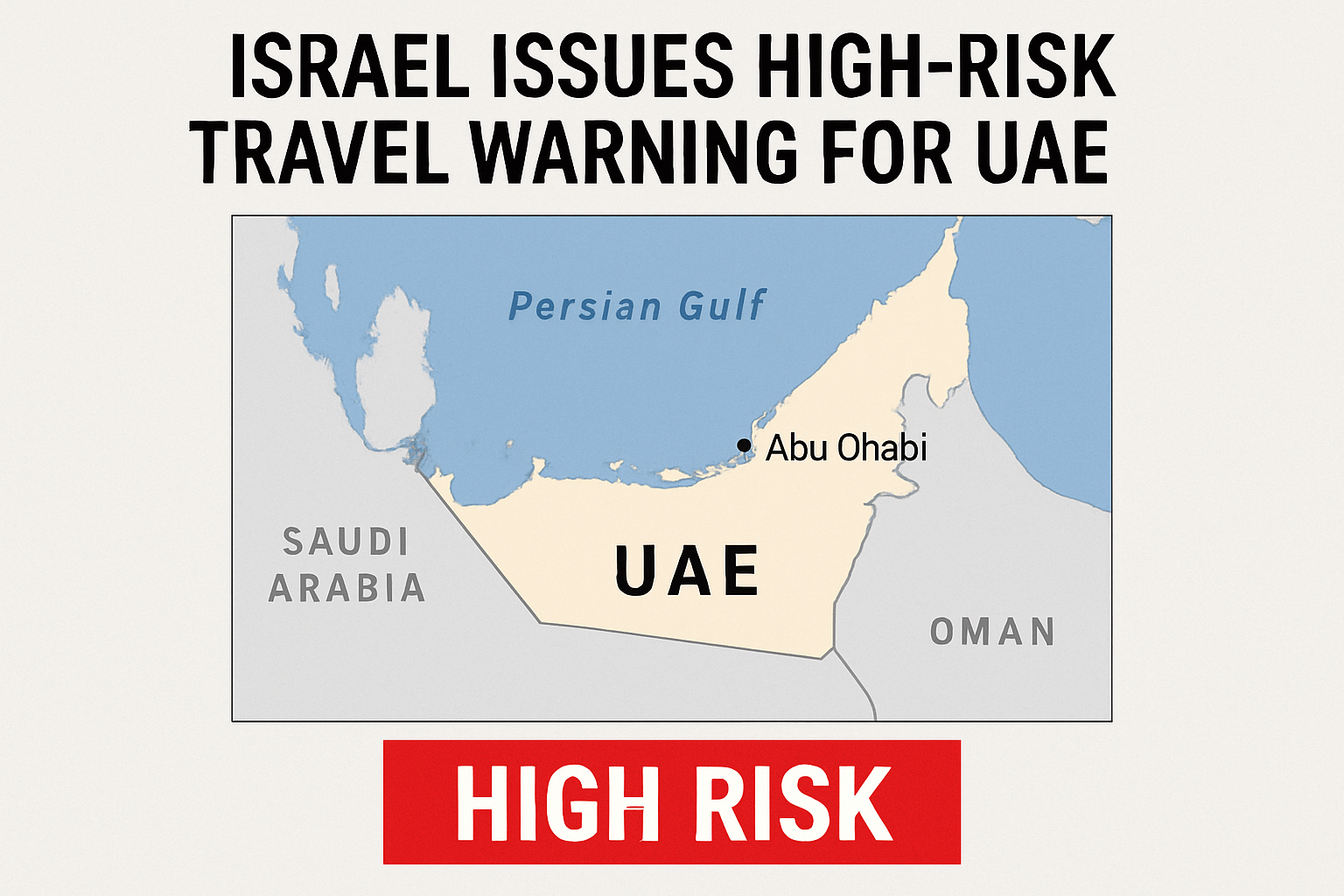OSLO, NORWAY — Norway, famed for its majestic fjords, northern lights, and pristine landscapes, has officially joined the growing list of European countries implementing a tourist tax to combat overtourism and promote sustainable travel. The 3% overnight levy, passed into law this June, allows local municipalities to apply a dynamic tax on overnight stays in regions most affected by seasonal tourism pressure.
This policy aligns Norway with travel giants such as Italy, France, Greece, the UK, Netherlands, Switzerland, and Germany, all of which have rolled out or strengthened tourist tax structures to respond to infrastructure strain, environmental wear, and rising local resentment.
What the Tax Means for Travelers
Tourists visiting popular Norwegian destinations like Lofoten, Trollstigen, and Geirangerfjord will see a small addition to their accommodation costs. However, this fee will be reinvested directly into local infrastructure—enhancing public restrooms, building sustainable parking areas, improving trails, and ensuring long-term preservation of the natural environment.
The tax is flexible and seasonal, giving municipalities the authority to adjust the rate depending on footfall and local capacity. This smart design reflects growing sentiment across Europe: tourism should uplift—not overwhelm—the places it touches.
Norway Follows Europe’s Lead
Europe is at the forefront of a tourism reformation wave, with several nations introducing fiscal policies to ensure visitors contribute fairly to the destinations they enjoy.
- Venice, Italy piloted a €5 entry fee for day-trippers in 2024 and is now considering expanding it, alongside increased hotel taxes up to €25 per night in certain areas.
- Greece will soon introduce a €20–€22 cruise tourist tax in hotspots like Santorini and Mykonos, plus a new tiered system for short-term rentals.
- Spain is witnessing regional protests in Barcelona and Tenerife, prompting a sharp increase in tourist taxes—up to 200% in some cases.
- Portugal, with rising short-term rental pressure, has discreetly updated its visitor levies in Lisbon and other towns.
These measures reflect a cultural pivot: tourism is no longer exempt from accountability. Local communities are reclaiming control, prioritizing quality over quantity.
Beyond Europe: A Global Movement
The shift toward sustainable tourism is not isolated to the EU. The Maldives recently raised its departure tax, especially for luxury travelers. New Zealand and Japan have introduced their own tourist levies. From Asia to Oceania, the message is clear: travel must evolve from extractive to regenerative.
Tourism’s global rebound post-COVID has reignited discussions around equity, infrastructure, and impact. Governments, once focused solely on visitor volume, are now considering visitor value—economically, culturally, and environmentally.
More Than a Tax—A Travel Philosophy Shift
The 3% levy in Norway is more than a financial policy—it’s a symbolic step toward responsible tourism. Instead of viewing travelers as passive consumers, it frames them as active participants in the care and preservation of destinations.
Norway’s approach also avoids a one-size-fits-all model. By allowing local control, the policy encourages engagement and ownership from communities who feel the immediate impact of tourist traffic.
In cities across Europe, frustrations have reached boiling points. Residents in Barcelona have taken to the streets, brandishing water guns in protest. Locals in Lisbon lament how their neighborhoods have transformed into short-term rental zones. In Venice, overcrowding threatens the city’s UNESCO World Heritage status. In every case, a more sustainable model of tourism is no longer optional—it’s urgent.
The Benefits for Travelers
While taxes may sound like an added burden, they come with significant upsides for tourists themselves:
- Improved infrastructure in popular areas
- Cleaner and safer public spaces
- Reduced overcrowding during peak seasons
- More authentic local interactions, as communities feel respected and supported
In essence, the modest fee travelers pay translates to a better overall experience, not only for them but also for those who call these destinations home.
Will More Countries Join?
Norway’s decision may inspire similar actions in the Nordic region, with Sweden and Finland already exploring frameworks for taxing visits to national parks and eco-sensitive zones. The precedent set in 2025 could create a domino effect across Europe and beyond.
This “tourism tax trend” is fast becoming a new global standard—not as punishment for travel, but as a pathway to more equitable, enriching, and enduring experiences.
Mindful Travel for the Future
For travelers, the rise of these taxes marks a pivotal opportunity: to become more intentional. By choosing lesser-known regions, traveling in off-peak seasons, and supporting local artisans and accommodations, tourists can reduce their footprint and enhance cultural immersion.
The conversation is no longer about whether tourism should be taxed, but how it should be designed—to balance access with preservation, joy with responsibility.
Final Thoughts
As Norway joins a growing list of nations reimagining tourism, one thing is clear: sustainability is not a side feature—it’s the new foundation. With its seasonal 3% tax, Norway isn’t deterring tourists. It’s inviting them into a smarter, more respectful, and mutually beneficial journey.
So when planning your next trip to Europe, consider this: a few extra euros might just help preserve the magic you came to experience. And in doing so, you become more than a tourist—you become a steward of the places you love.
For more travel news like this, keep reading Global Travel Wire



















